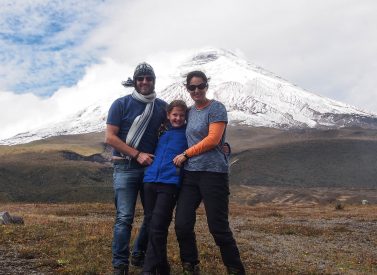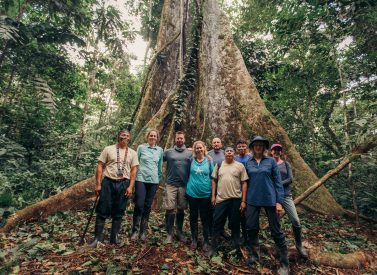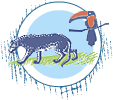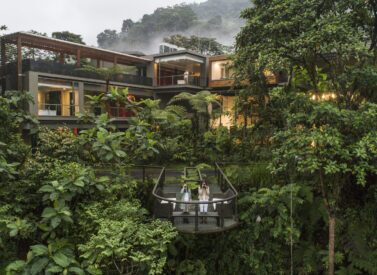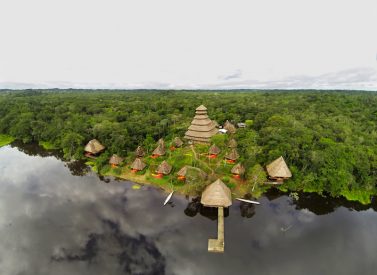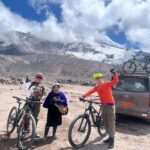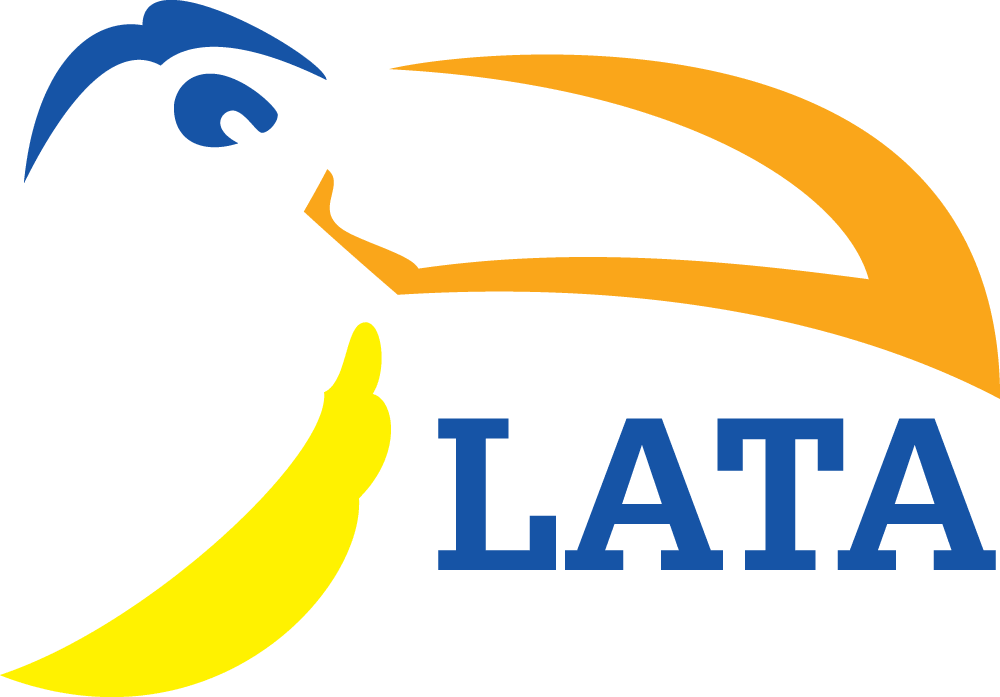
Bellavista Cloud Forest Lodge
Find stunning wildlife at Bellavista
Bellavista Cloud Forest Lodge is deep in the heart of the Ecuadorian forests and offers stunning wildlife and great trails. Only two hours from Quito, Bellavista offers a unique stay above the forest canopy.
There is an extensive network of safe, well-marked trails, an abundance of humming birds and wildlife as well as great food and lovely accommodation.
Larger animals like toucans, beautiful orchids and lovely waterfalls will compete for your attention.
Bellavista cloud forest reserve & lodge
You can see the rugged peaks of Pichincha and Cotacachi in the distance, sit out on your private balcony and observe the wildlife.
There will most likely be activity at your own hummingbird feeder – there are 19 different species of hummingbirds to see at Bellavista.
You have a variety of guided activities to choose from, or expore on your own – all interests and level of physical challenge accommodated.
Trip Highlights
Print Share Download as PDF-
Wonderful array of hummingbirds, with more than 40 species in one area - a record!
-
Choice of shared or private rooms in the heart of the cloud forest.
-
Plenty of trails to explore for yourselves.
-
Beautiful waterfalls to enjoy, deep in this protected area.
Bellavista was amazing, and the guys there arranged some really fun additional activities around Mindo on the day we went zip lining (butterfly farm, orchid farm, chocolate factory).
M. Williamson, Bellavista
Full Itinerary
Day 1: Transfer at 06.30 from Quito to lodge, activities in afternoon (B,L,D)
Transfer from your hotel in Quito at around 06.30 to Bellavista lodge. At around 08.30 you arrive at the lodge, have breakfast, and can settle in and enjoy the surroundings.
After lunch you are off on a forest hike and a bit of bird watching if you like.
Dinner is served in our Dome where you can sit and enjoy wonderful views of the cloudforest and watch the hummingbirds up close.
Day 2: Bird watching and/or walks (B,L,D)
Those with a keen interest in birds and those who want to make the very most out of their stay should join their guide on an early morning bird hike before breakfast. And after a delicious breakfast you are off on a forest hike.
You return to the lodge for a hearty lunch before venturing out into the forest again in the afternoon.
Maybe take a walk to the beautiful Discovery Falls?
And tonight after dinner take your chance to go on a guided night walk – the sounds of the forest by night are unforgettable.
Day 3: Bird watching and/or walks, after lunch transfer to Quito (B,L)
On your last day you still have plenty of time to explore, either by yourself or with your guide.
You can chose to go on another early morning bird hike, or hike along one of the many trails after breakfast.
Lunch is around 13.00 and your transfer back to Quito does not leave until approximately 15.30, so take a last chance to relax in these magical surroundings!
You arrive in Quito around 18.00.
Prices From $373 / £303 per person
What's Included?
Transfer to lodge, accommodation, English-speaking guide (group), all meals as listed, private room with ensuite bathroom, rubber boots up to size 47.
What's Not Included?
Flights, insurance, personal items, tips, bar bill, Quito hotel
Accommodation
Bellavista Lodge offers all the comforts of home: hot showers, comfortable beds, friendly staff, plenty of relaxation, and delicious food.
The different houses offer single, double, triple and family rooms with private baths and balconies.
There is Bamboo House and the half-timbered Trailhead House to choose from, with private bathroms.
If you want to be alone in your forest cabin, you can stay in San Luis House, located 30 minutes hike from the main area of the lodge (free shuttles to the lodge are provided).
There is also a dormitory-style, shared bathroom accommodation, with 360 degree views and a large balcony!
Tour Staff
Local, bilingual (English/Spanish) guides will take you around the trails, spotting wildlife and explaining various aspects of the forest’s flora and fauna.
Specialist birding guides are available at extra cost.
Many of the local staff are from the surrounding area.
Meals
Happy to cater for vegetarian / vegan / gluten-free diets – please contact us for more on any dietary requirements.
Lunch and dinner served on a menu basis, with restricted choice and not ‘A la Carte’.
Kitchen staff provide the finest in Ecuadorian and international cuisine (vegetarian, trout, chicken – red meat not usually offered) and refreshments.
Meal times (there is flexibility)
Breakfast is served at 08.00.
Lunch is served at 13.00.
Dinner is served at 19.00.
Activity Level
This trip is open to anyone who has a good level of fitness and enjoys being in the outdoors, with a positive attitude who wants to walk in a stunning cloud forest.
Most hikes are 2-3 hours long and involve some ups and downs, but there are plenty of stops to see wildlife, take photos etc.
As some people are bird watchers, there are times when you spend a while sitting still, but also may need to walk a few kms to get to the best spots. But as the itinerary is flexible, and you can relax at the lodge birdwatching, the trip is open to all.
Practical Information
Trail options
Various trek options within the reserve along the following trails:
Antpitta Trail: The Giant Antpitta bird has occasionally been seen and filmed here. An easy trail, great for viewing bird flocks and botanical exploration.
Chaquiñan Trail: An ancient trail that snakes down the mountain to the town of Tandayapa.
Discovery Falls Trail: A trail that takes you from the Heliconia trail to a small waterfall with a stream cascading down the mountain.
Field Trail: Takes you through a regenerating forest with spectacular views of the dome and the valley.
Grotto Trail: A short trail off the Tarzan’s Folly Trail to a mossy overhang.
Heliconia Trail: This trail takes you past distant views of parallel ridges into a towering old-growth forest.
Ocellated Tapaculo Trail: The Ocellated Tapaculo can be seen in the bamboo thickets on this trail. Trail is steep in some areas.
Ridge Trail: This trail leads you through a dense bamboo forest to a breathtaking look-out point.
Stream Trail: Possibilities for exploration abound on this trail, also you can scramble up to the Hidden Falls, a true adventure.
Tarzan’s Folly Trail: An adventure trail which sweeps you through a deep valley, this trail joins the Giant Antpitta Trail.
Water Trail: This is a steep climb close to the dome with superb views of primeval forest.
Introduction to Ecuador
Ecuador is the second smallest South American country, and one of the most varied.
It comprises three main geographical areas: the coast, highlands and Amazon plus is home to the Galapagos Islands.
Because of its relatively compact size, it makes a great holiday destination as you can move from highlight to highlight fairly easily and rapidly.
Geography of Ecuador
Landscapes vary from the drier south to the more humid north.
The Highlands, or sierra, encompass two Andean Cordilleras (the Central and Western), which run north to south through the country. Ecuador’s largest volcano is Chimborazo (6,310m) whose summit, because of its proximity to the equator, is the closest point on earth to the sun. Several of Ecuador’s volcanoes are still active, and it’s a great area for trekking.
Descending the steep, east-facing slopes of the eastern Cordillera, one passes through a transition zone comprising dense cloud forest and humid high jungle, before entering the Amazon lowlands.
This mainly primary rainforest covers a third of the country, accounts for 5% of the population and stretches across Ecuador, from its Colombian to its Peruvian borders.
The Galapagos Islands are simply unique. Lying 600 miles off the mainland, the archipelago comprises the summits of gigantic equatorial volcanoes.
The flora and fauna of the Galapagos, long separated from their continental cousins, have evolved differently. Charles Darwin used his observations there to develop his theory of Evolution.
Weather in Ecuador
Ecuador lies between latitudes 4º south and 2º north. Overall, climate varies according to time of year, altitude and region.
The Sierra
In the Ecuadorian highlands, there is little temperature variation by season as temperature depends largely on altitude.
In Quito, shade temperatures range from 6 to 10ºC in the morning and from 19 to 23ºC in the afternoon, with cool nights. In the lower basins between mountains, it gets significantly warmer.
Rainfall depends on whether an area lies closer to the eastern or western Andes. To the west, June-Sept is the dry period and Oct-May the wet (with often a short, dry spell in Dec or Jan).
The best period to visit Quito and trek and climb volcanoes such as Cotopaxi is the west Andean dry season of June-Sept and Dec/Jan. This is also Ecuador’s high season. During the Oct-May wet season, most rainfall is in the afternoons.
To the east, Oct to Feb are dry and Mar-Sept are wet. Overall, the southern highlands are drier than the northern highlands.
The Coast
On the Pacific coast, rainfall becomes less from north to south. The coast can be enjoyed year-round, although from June-Sept mornings are often grey with the garua mists.
Jan-May is the hottest and rainiest time of year.
The Amazon
In Ecuador’s Amazonian region, rain can fall at any time, but Dec-March is usually the driest season and Mar-Sept is usually the wettest period.
The Galapagos Islands
Galapagos can be visited at any time of year.
The warm season is Jan-Jun, bringing calm, warm waters (around 70°F) and sunny days (72-9°F or 22-32°C), February and March being the hottest and sunniest months with blue skies and sunshine.
The islands receive slightly more rainfall during these months, occasional heavy bursts in the afternoon. Great for snorkelling and you can spend a lot of time in the water without wetsuits, with great, clear waters.
The dry ‘garua’ season is Jun-Dec an it’s a great time for marine life. August and September are the coolest when you may need a jacket in the evenings and the sea can be choppy and temperature drops around 15-24ºC on average.
There can be mist on the islands in the mornings (garua) which usually burns off by midday leaving overcast skies or a sunny afternoon.
Sea temperatures may drop to 60°F- 72°F (15-22°C) during this time and snorkellers will want a wet suit for prolonged periods in the sea.
Prices From $373 / £303 per person
2025 Guide price, standard cabin, per person (2+ people)
Transport to and from central Quito included.
Longer stays available
Upgrades available
Single supplement applies
A range of additional activities available - please ask us.
Dates & Prices
Prices From $373 / £303 per person
2025 Guide price, standard cabin, per person (2+ people)
Transport to and from central Quito included.
Longer stays available
Upgrades available
Single supplement applies
A range of additional activities available - please ask us.
Can’t find what you’re looking for? Get in Touch
+44 (0)131 378 5593
+44 (0)131 554 6025



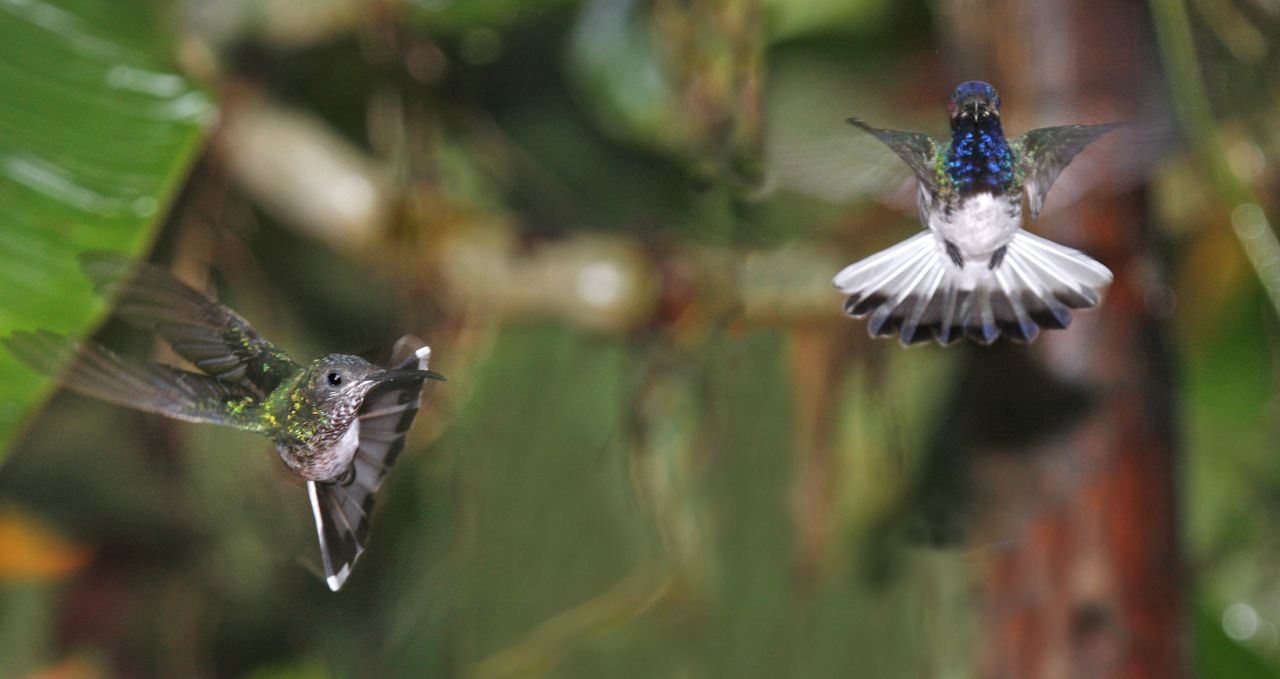
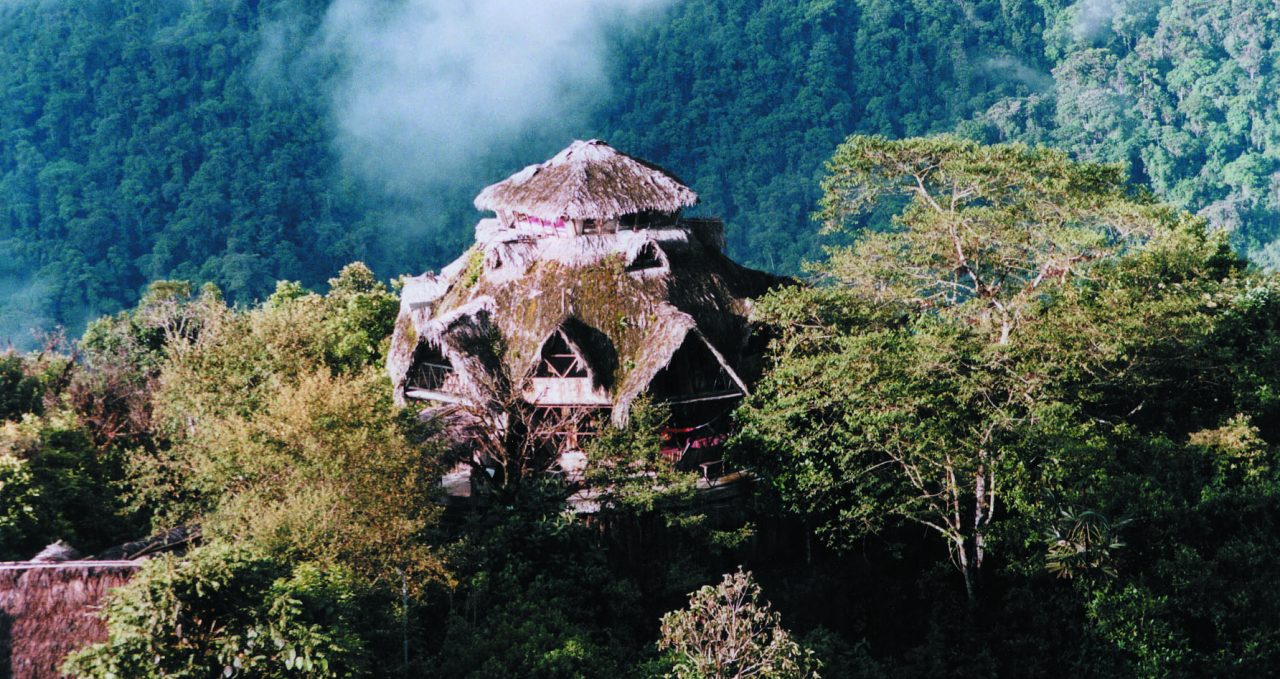
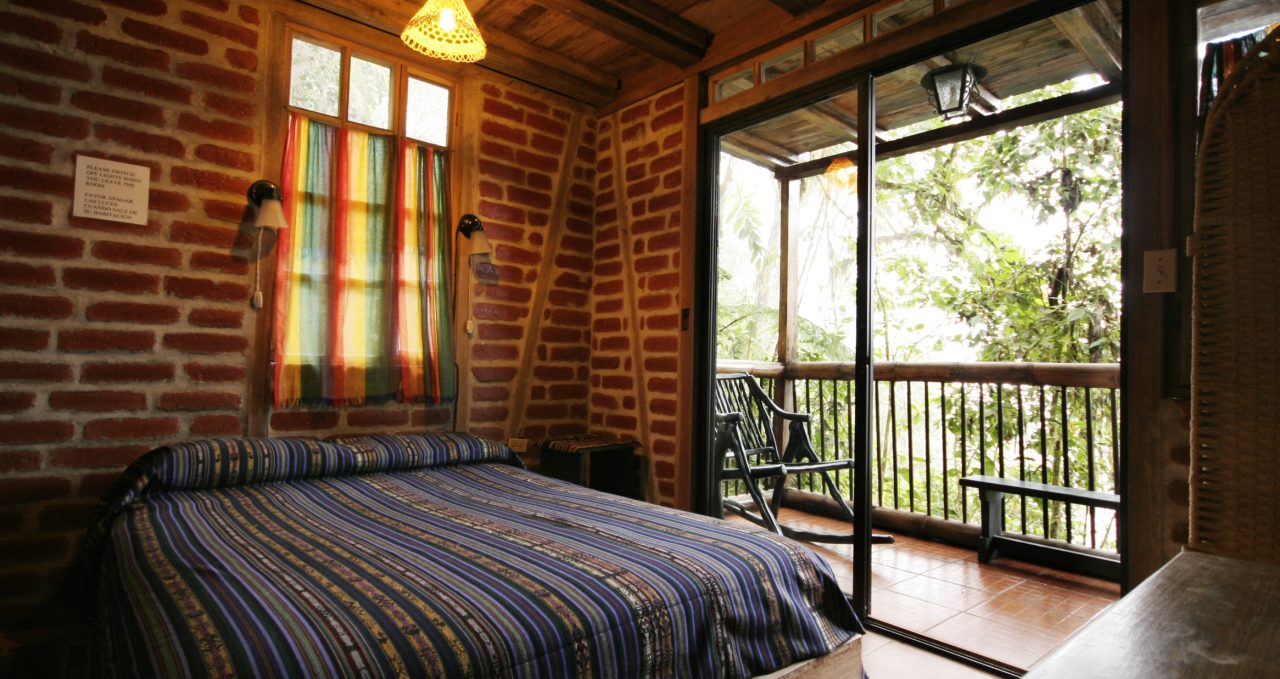
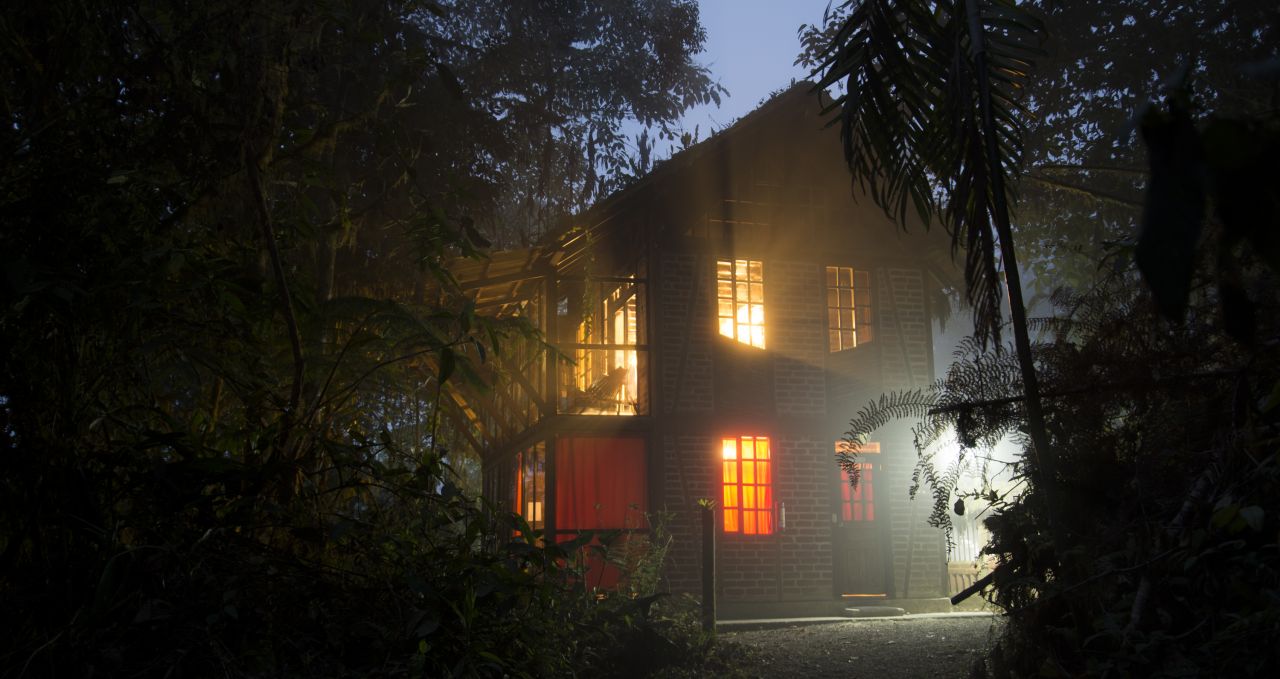
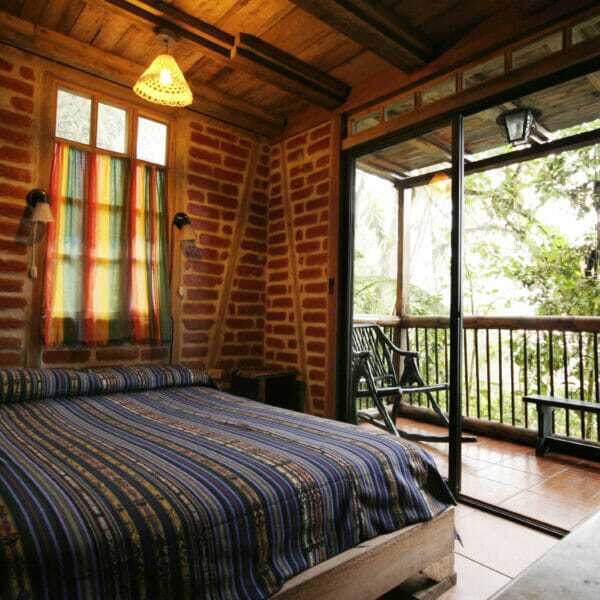
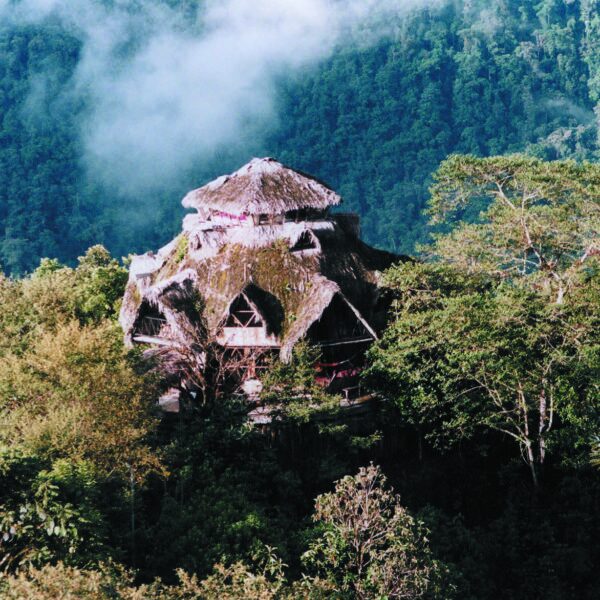
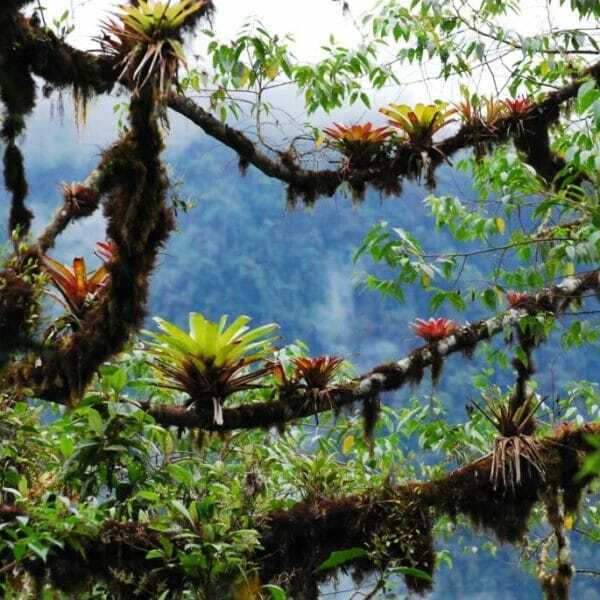
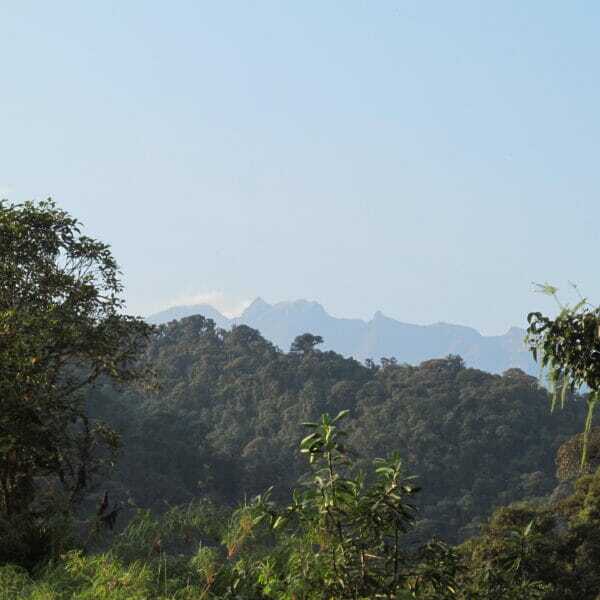
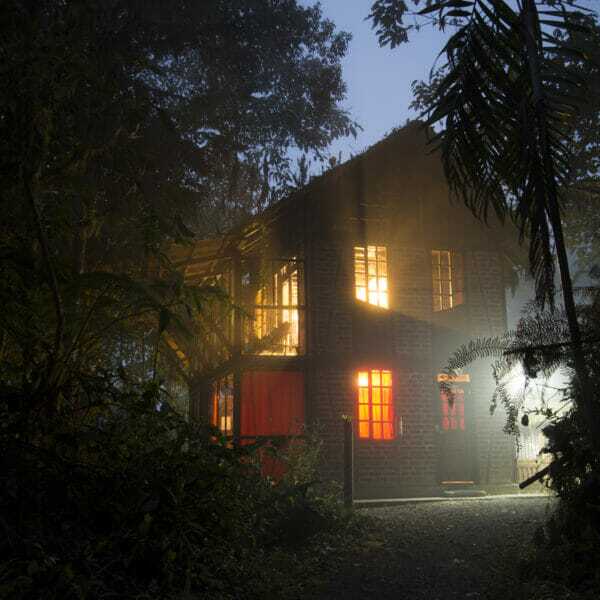
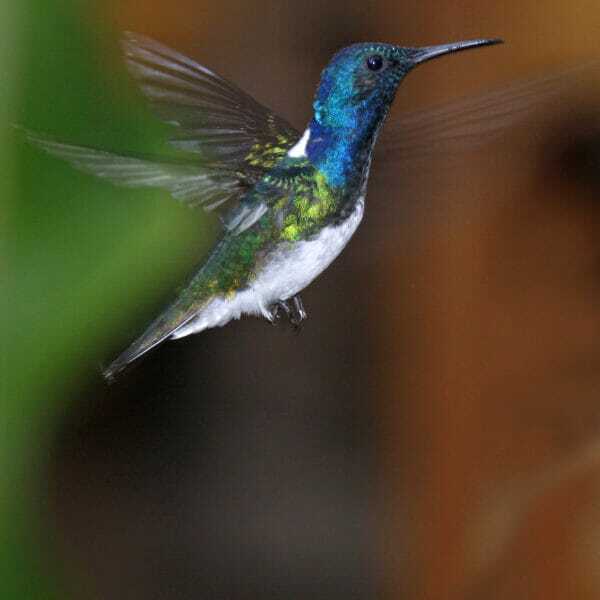
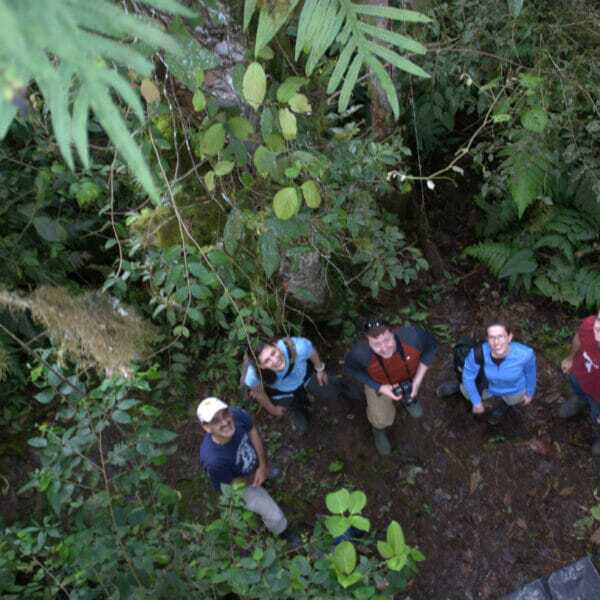
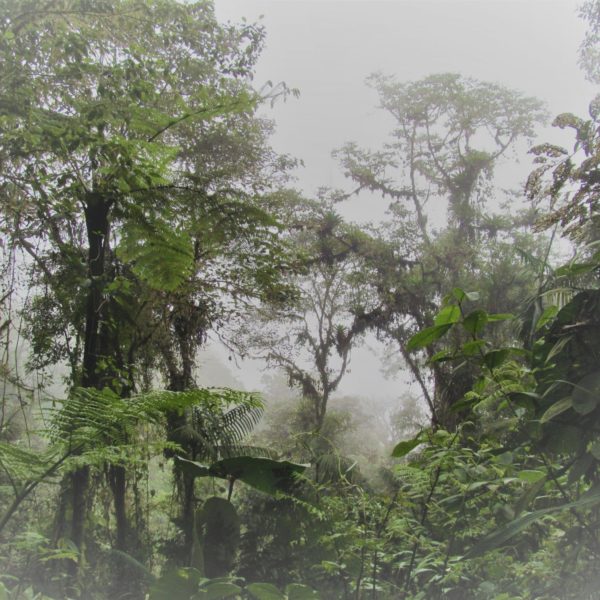
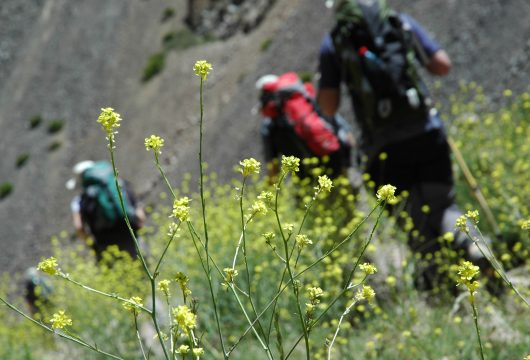
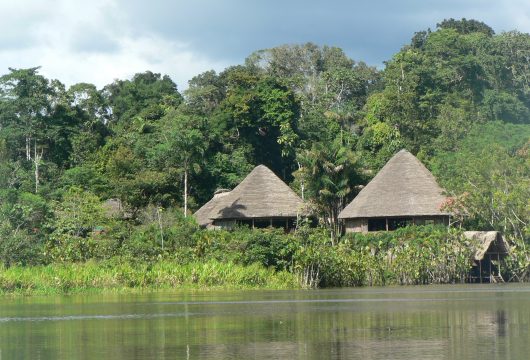
 a Group Tour
a Group Tour  a Tailor Made Tour
a Tailor Made Tour 